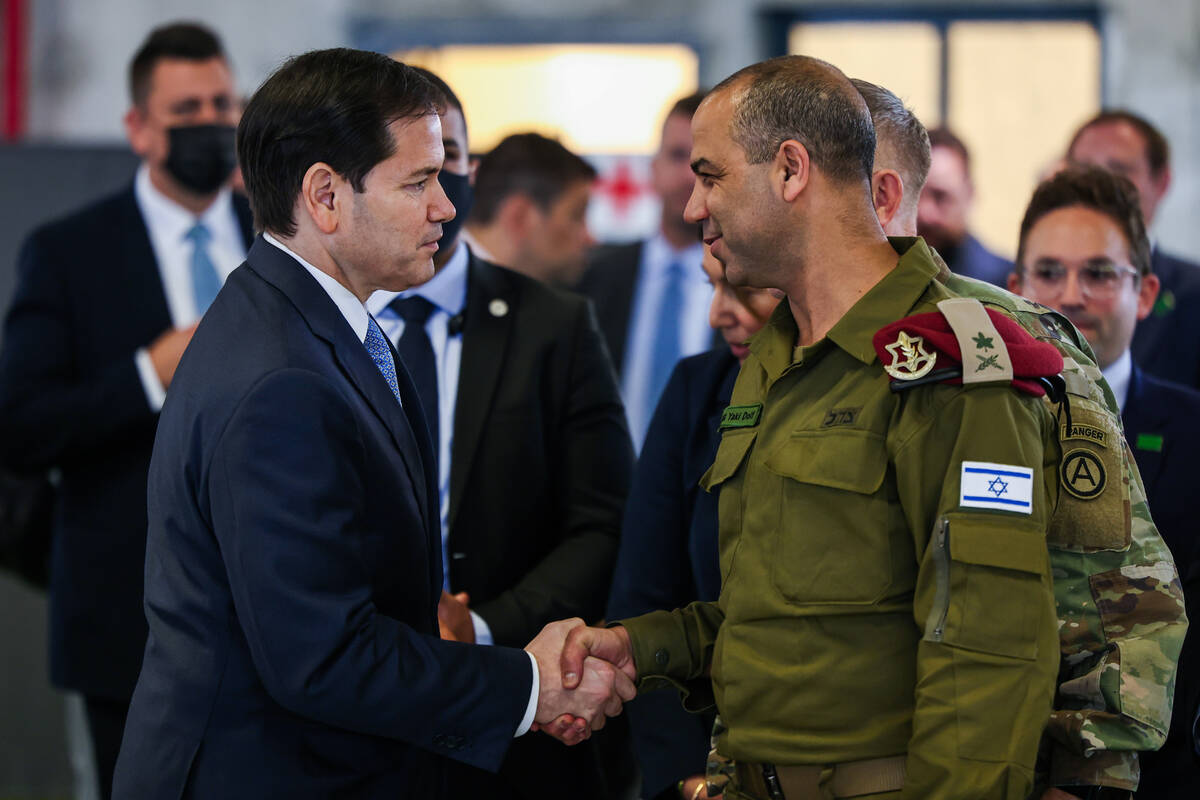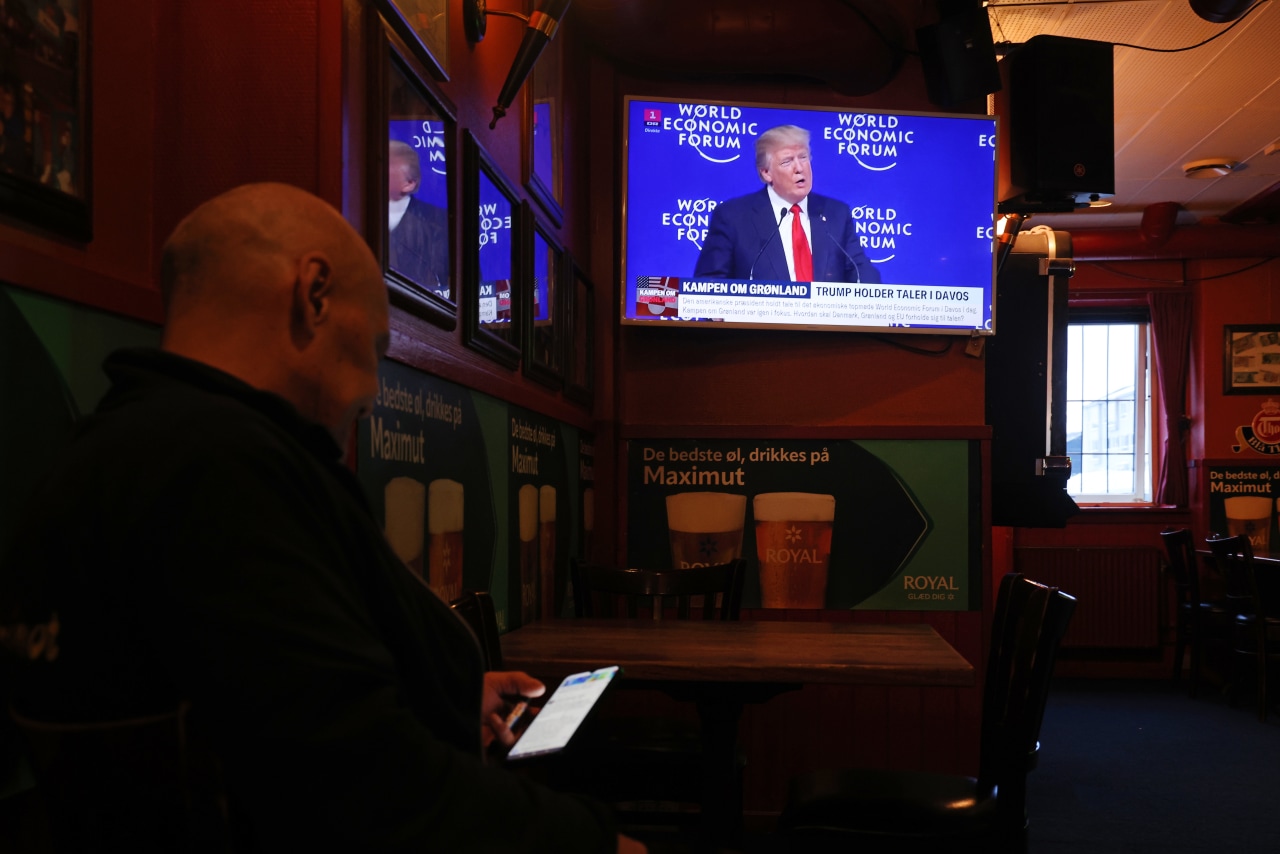On March 1, 2024, U.S. Secretary of State Marco Rubio visited a U.S.-led center in Kiryat Gat, Israel, focused on overseeing the ceasefire in Gaza. This visit comes as the Trump administration seeks to establish an international security force aimed at stabilizing the region and reinforcing the truce between Israel and Hamas.
Rubio’s tour follows a recent visit by Vice President JD Vance, who announced the center’s opening earlier this week. Other high-ranking U.S. officials, including envoy Steve Witkoff and Jared Kushner, President Donald Trump’s son-in-law, have also been part of the U.S. delegation in Israel. Approximately 200 U.S. troops are currently collaborating with the Israeli military and representatives from several other countries at the facility, which is dedicated to planning the stabilization and reconstruction efforts in Gaza.
International Coordination Efforts
During his visit, Rubio observed international personnel from various countries, including Cyprus, Greece, France, Germany, Australia, and Canada, working alongside U.S. and Israeli forces. He expressed pride in the progress made over the initial days of the ceasefire, acknowledging the challenges faced. “I think we have a lot to be proud of in the first 10 days, 11 days, 12 days of implementation,” Rubio stated.
Rubio appointed Steven Fagin, the U.S. ambassador to Yemen, to lead the civilian efforts at the coordination center, while Adm. Brad Cooper of the U.S. Central Command oversees military operations. Efforts are underway to garner support from allies, particularly Gulf Arab nations, for the establishment of an international stabilization force that would operate in Gaza and help train a Palestinian security force.
Seeking International Support and Authority
Rubio indicated that U.S. officials are exploring potential frameworks for securing a United Nations mandate or alternative international authorization for the proposed force in Gaza. Many potential contributors have requested such a mandate before committing to participation. He emphasized the necessity for clarity regarding the rules of engagement, stating that involved countries must understand their roles, authority, and command structure. “They need to know what they’re signing up for,” he noted, adding that Israel’s comfort with participating nations is critical.
In discussions with Israeli Prime Minister Benjamin Netanyahu prior to his tour, Rubio highlighted that a coalition of up to a dozen organizations, including United Nations agencies and various humanitarian groups, would play a role in aid efforts in Gaza. Notably, he clarified that the United Nations Relief and Works Agency (UNRWA) would not have a role in these efforts, despite a recent ruling from the International Court of Justice, which stated that Israel must allow UNRWA to provide humanitarian assistance to the Palestinian territory.
As the situation in Gaza continues to unfold, the U.S.-led center represents a significant multi-national effort aimed at fostering peace and stability in a region marked by ongoing conflict.







